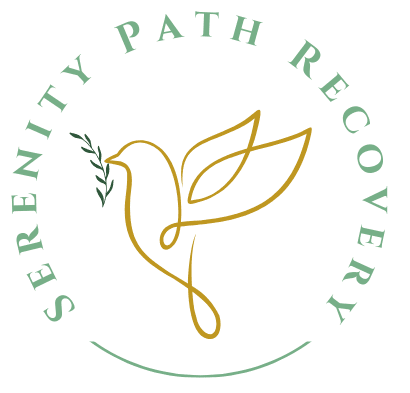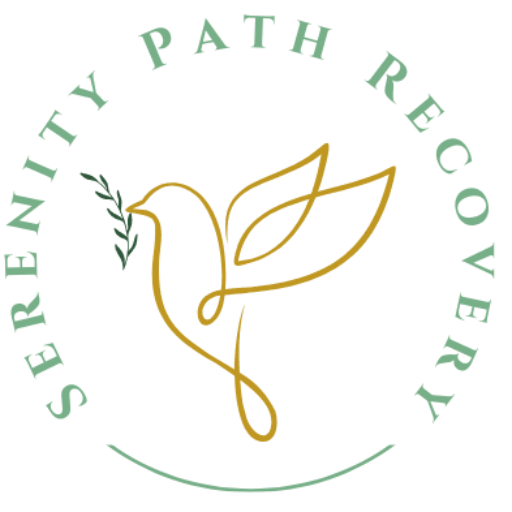Developing Coping Skills to Prevent Relapse
Recovery is a continuous journey—and learning how to manage challenges without turning to substances is essential for long-term success. At Serenity Path Recovery, we believe that one of the most effective ways to protect your sobriety is to develop strong, reliable coping skills. These tools empower you to respond to stress, anxiety, and emotional triggers in healthy, constructive ways.
In this article, we’ll explore why coping skills matter, identify common relapse triggers, and share actionable strategies that support lifelong recovery.
Why Coping Skills Are Essential in Recovery
During addiction, many individuals rely on substances to escape or numb difficult emotions. In recovery, those feelings don’t just disappear—but your response to them can change.
Building coping skills allows you to:
Navigate emotional stress without relapse
Build confidence in your ability to handle discomfort
Stay grounded when triggers arise
Maintain emotional stability
Prevent impulsive decisions that may lead to setbacks
At Serenity Path Recovery, we integrate relapse prevention planning into every client’s personalized care, helping you create a lifestyle built on resilience.
Common Triggers That Can Lead to Relapse
Understanding your triggers is the first step toward managing them effectively. Some of the most common triggers include:
Emotional stress such as anxiety, sadness, anger, or grief
Conflict in relationships or social pressure
Isolation or boredom
Major life transitions, including job loss or housing changes
Exposure to environments or people linked to substance use
When these stressors go unmanaged, the risk of relapse increases. That’s why developing coping skills is a key part of relapse prevention.
Healthy Coping Skills to Prevent Relapse
At Serenity Path Recovery, we guide clients in building skills they can rely on in moments of vulnerability. Here are some effective, evidence-based strategies:
1. Mindfulness and Breathwork
Simple grounding techniques like deep breathing or meditation can reduce anxiety, calm racing thoughts, and bring you back to the present moment.
2. Structured Daily Routines
Having a regular routine reduces boredom and promotes consistency. It also helps rebuild discipline and personal accountability.
3. Physical Activity
Exercise is a powerful stress-reliever and mood booster. Activities like yoga, walking, or strength training can improve mental health and reduce cravings.
4. Creative Expression
Journaling, art, music, or writing can help process emotions and release internal tension in healthy, non-destructive ways.
5. Therapeutic Support
Working with a therapist or support group gives you tools to recognize thought patterns, challenge them, and respond with intention instead of impulse.
6. Social Connection
Staying connected to sober peers, mentors, and supportive family members strengthens your sense of belonging and accountability.
Creating Your Personal Relapse Prevention Plan
Every individual’s recovery experience is unique. That’s why we help each client at Serenity Path Recovery create a custom relapse prevention plan that includes:
Identification of high-risk situations
A list of healthy coping strategies tailored to their lifestyle
Emergency support contacts
Daily self-care practices
Continued therapy or outpatient services for long-term support
Our goal is to ensure that you leave treatment with practical tools—and the confidence to use them.
Final Thoughts
Relapse is not a failure—it’s a sign that something in your recovery plan needs support. The more prepared you are with reliable coping skills, the better your chances of staying grounded through life’s challenges.
At Serenity Path Recovery, we’re committed to helping you build not only a foundation of sobriety—but the emotional strength and self-awareness needed to maintain it. Recovery is a lifelong journey, and we’ll be here every step of the way.

